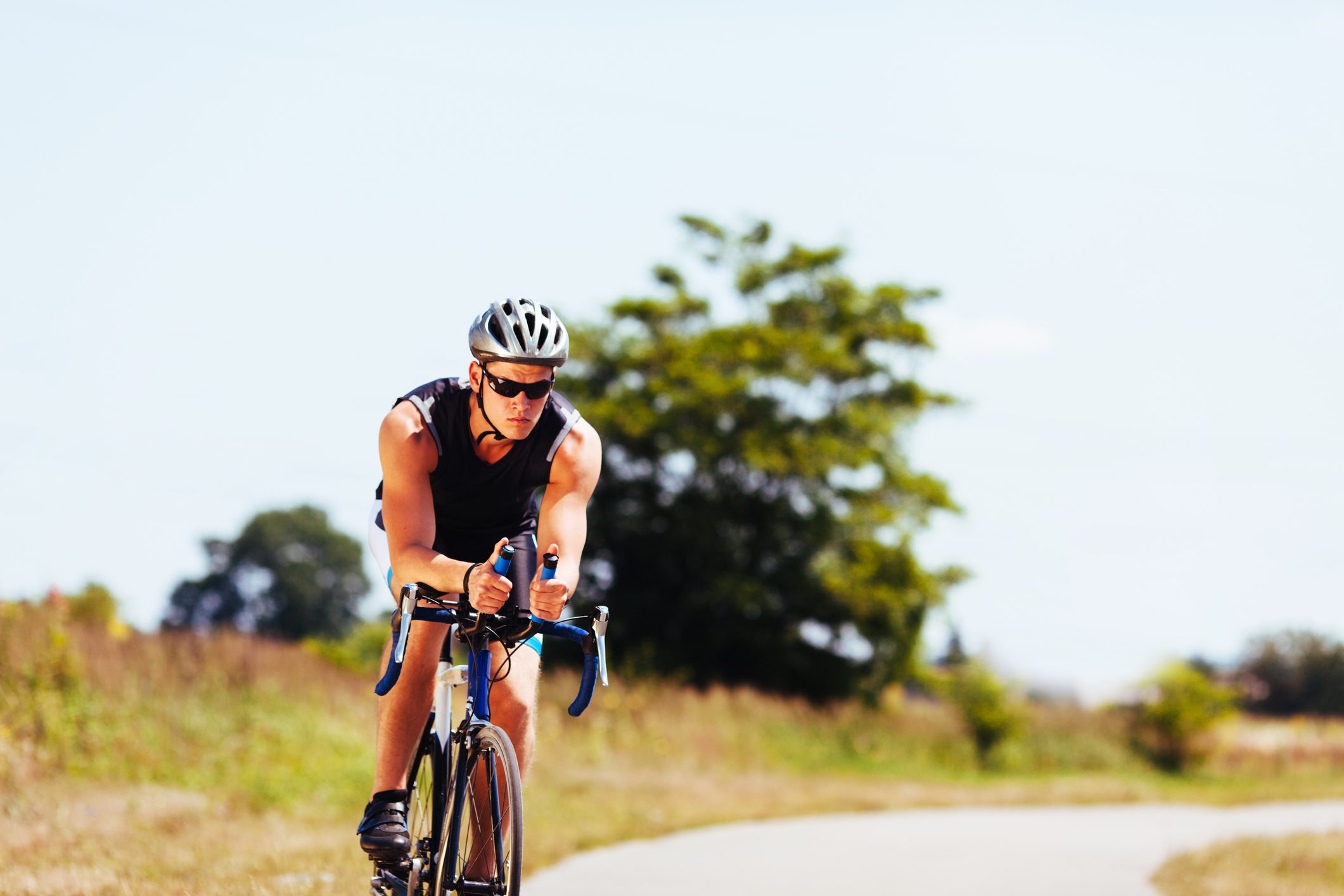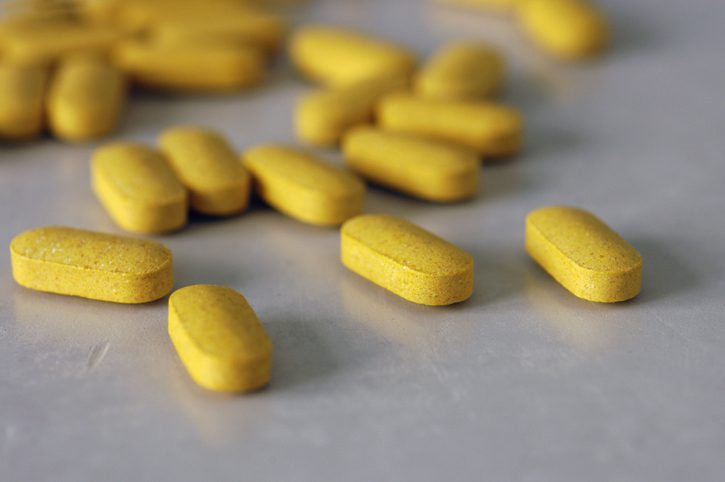What is the deal with vitamin B12?
What is vitamin B12? What does it do? Can you become deficient? Does it affect athletic performance?

What is Vitamin B12 and what does it do?
Vitamin B12 is a water-soluble vitamin required for proper red blood cell production, neurological function and DNA synthesis.
Because of vitamin B12’s influence on red blood cells and oxygen transport in the body, it plays a vital role in a triathlete’s energy levels, health, training and performance.
Recommended dietary intake of Vitamin B12?
The National Institutes of Health (NIH) recommends an adequate intake of 2.4 micrograms (mcg) of vitamin B12. However, depending on your diet and activity levels, you may consider supplementing your diet with a B12 vitamin or multivitamin.

Where do I get Vitamin B12 from?
Vitamin B12 is naturally found in animal products such as poultry, fish, eggs, red meat, and milk products. Generally, B12 is not found in plant foods, but most branded cereals are fortified with the vitamin.
If you eat a balanced diet of meat, greens, carbohydrates and fruit, you will meet the daily recommended dietary intake of B12. However, if you have any dietary restrictions, for example, removing animal products, a vitamin supplement is suggested.
Related: Why iron deficiency isn’t just a female issue
Vitamin B12 deficiency
Antoine Desroches, a Canadian professional triathlete and top-five finisher at Ironman Mont-Tremblant, is a vegan and has had to supplement his diet with a multivitamin to ensure his general health and performance. “Early on in my career, I was showing symptoms of overtraining,” says Desroches. “I was tired and getting sick often. Despite all the training, I wasn’t ‘healthy.’” Following a blood test, Desroches discovered he was iron deficient and was recommended to supplement his diet with an iron and B12 vitamin – both influence red blood cells and oxygen transport.

Vitamin B12 and performance
In the past, vitamin B12 has been advertised as a performance enhancer or an endurance booster. However, research shows no beneficial effect on performance in the absence of a nutritional deficiency.
Despite no significant increases in performance, no adverse effects have been found with excess vitamin B12 intake from food and supplements in healthy individuals. This is because vitamin B12 is water-soluble and readily excreted from the body.
Vitamin B12 deficiency symptoms
Though your risk of vitamin B12 deficiency is increased with a vegetarian or vegan diet, it is not limited to these restrictive diets. You may be B12 deficient if you experience the following symptoms, fatigue, weakness, constipation, loss of appetite, and weight loss. But it is best to get a blood test done before making a self-diagnosis.
Other symptoms associated with B12 deficiency are numbness or tingling in your hands and feet, difficulty maintaining balance, depression, confusion and poor memory.
Recommendations
There are a lot of opinions out there, but at the end of the day, you know your body best. Getting testing done, along with a consultation from a dietitian or sports nutritionist, you can take steps to improve your overall health, energy and performance.
